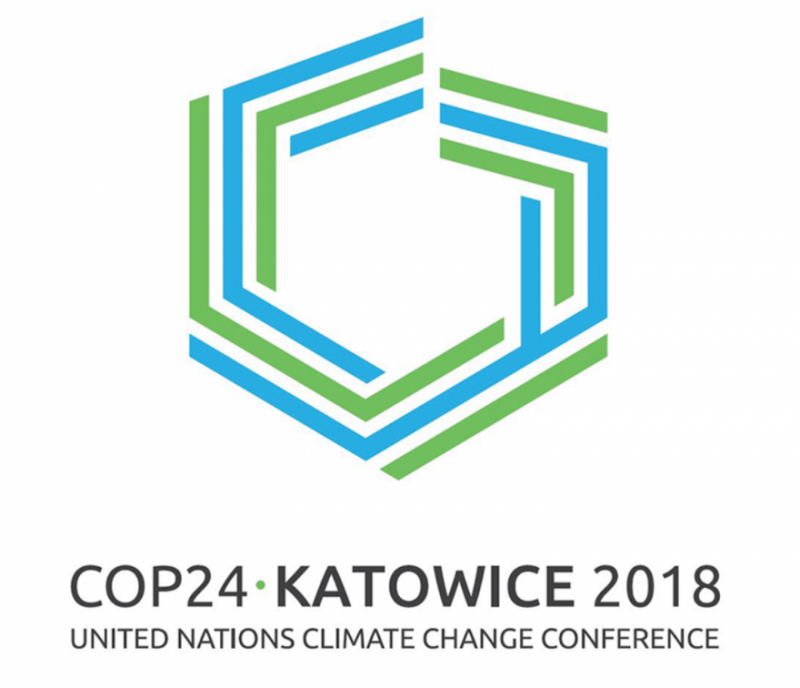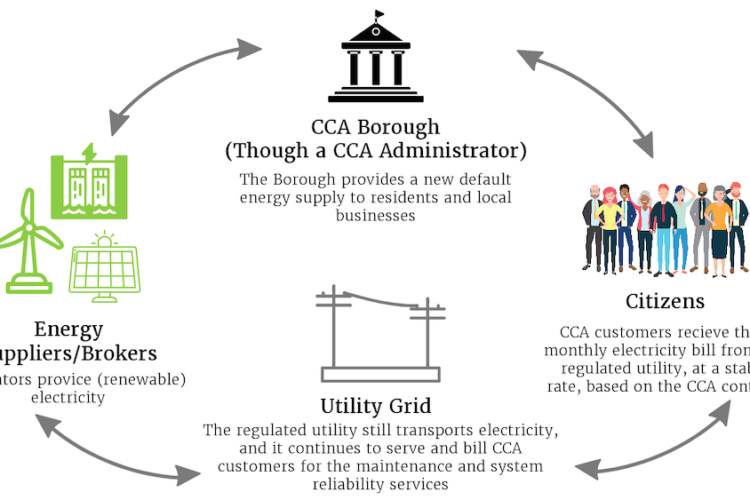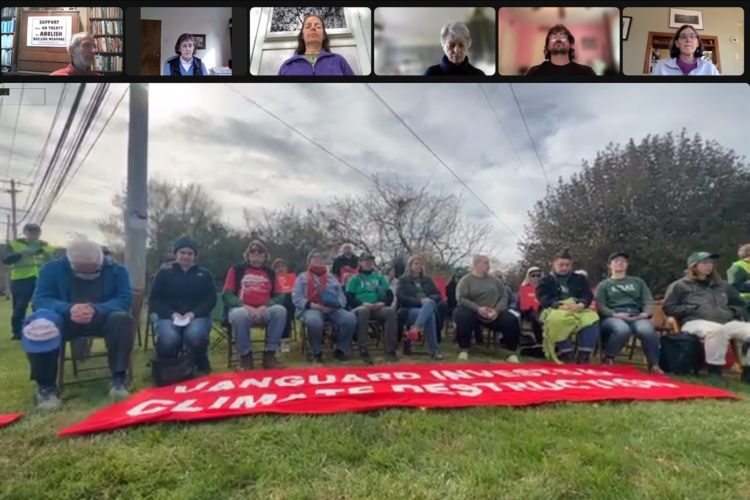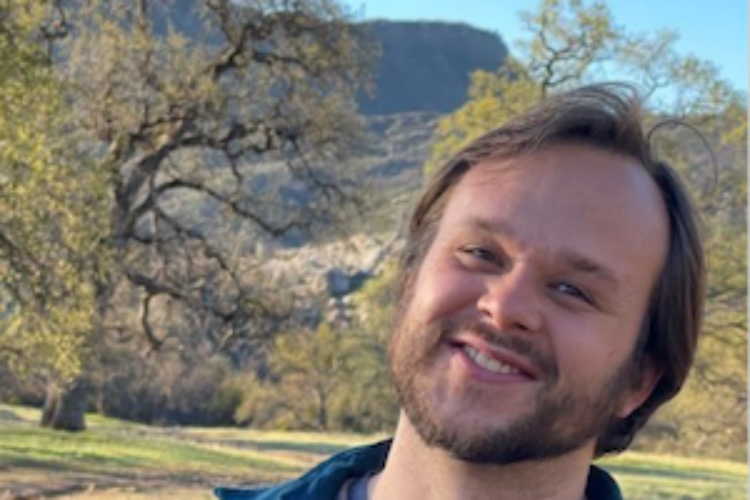Changing Together? The COP24

By Frank Granshaw and Annette Carter.
IN DECEMBER 2018 the 24th meeting of the Conference of the Parties to the United Nations Framework Convention for Climate Change (COP24) met in Katowice, Poland. Their task was to hammer out the rulebook by which the world could achieve the goals set forth in Paris in 2015 during COP21. As Quakers from the Pacific Northwest, we had the privilege of being part of the Quaker Earthcare Witness delegation to this event. After yet another year of record drought, storms, floods, and heat waves, we went seeking news and ideas to help our communities respond to increasing climate threats.
Many attendees described the experience as “trying to get a drink from a fire hose.” At nearly 25,000 people, we came from 190+ countries as negotiators, support staff, journalists, and representatives of environmental, social justice, faith and youth groups, universities, local governments, businesses, and many others. We all mingled in a single complex, enabling a wealth of spontaneous interactions with negotiators and observers from around the planet.
This was a COP ripe with ironies. Discussions about swiftly transitioning to a renewable energy economy took place in the heart of Polish coal country. The event motto “Changing Together” contrasted sharply with a trend towards increasing populist nationalism. The hopes of increased action in response to the dire warnings from the scientific community were often overshadowed by formidable resistance from major fossil fuel producing countries. It frequently felt as if a thumb on the scales of decision making was tilted toward economic growth at the expense of environmental health and social justice.
These ironies were reflected in the negotiation outcome, which some observers characterized as the “bare minimum.” After much delay a rulebook was forged, a few countries put forth increased ambitions, and the World Bank called on increased funding for climate mitigation and adaptation. At the same time, negotiators from major fossil fuel producing countries actively sought to downplay a recent report from the International Panel for Climate Change outlining the consequences of failing to make a swift and decisive move to a low carbon global economy. Discussions about wealthy developing countries living up to their responsibilities as major emitters and a great many other climate justice issues were largely side-lined.
In short, there was much reason for disappointment. But it was also quite clear that while the negotiations may have been the reason for the conference they were not all of it. The observers and other non-negotiators formed a powerful community characterized by enormous creativity, energy, and the will to leave a positive legacy to future generations. While the shortcomings of the negotiations drove home the lesson that if change is to occur it will happen from the bottom up, the presence and activities of this community gave us a window into how that change would happen. Being part of a larger interfaith presence gave us insight into the importance of faith in this endeavor, both in providing a moral compass for dealing with what feels to be insurmountable problems, and providing the spiritual resilience to do so.
We left with a sense that although the task ahead resembles Sisyphus unendingly rolling a stone uphill, we are part of a very diverse, creative, and passionate international community who are refusing to give up hope. A situation that left us with a challenge summed up in the words of another Quaker, Lindsey Fielder-Cook, “Future generations don’t need our anger and despair, they need our hope, courage, compassion, and creativity.”


